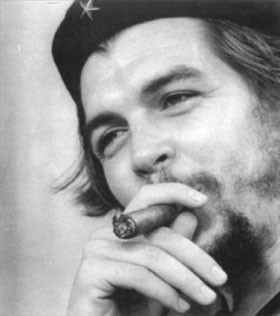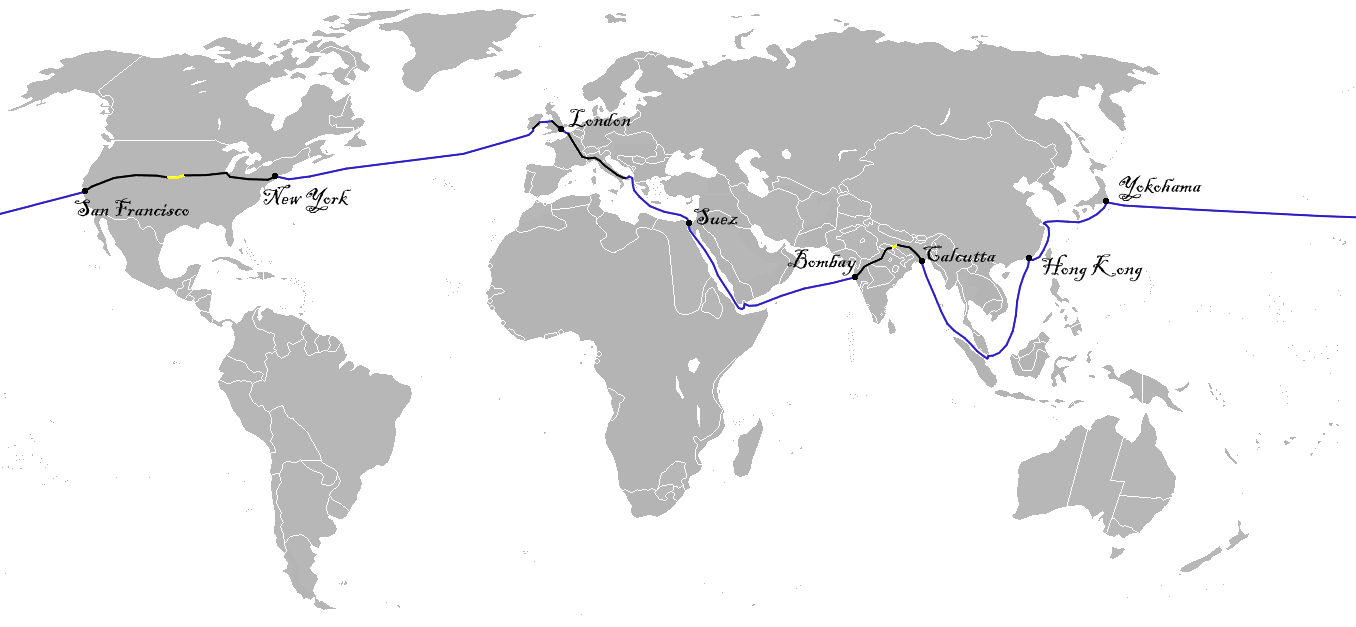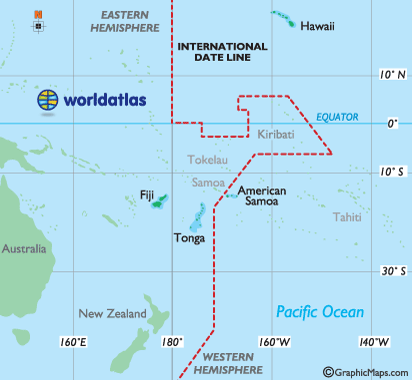
In the beginning of the first chapter, Ernesto Guevara states how he and his friend decided to leave home to travel around South America. In the journal, Ernesto Guevara states his reasons to leave; he explains that he wanted to escape from all the medical school stuff, the hospitals, the exams, etc. He realizes that he was much of a dreamer and could not be left at home doing what the rest of the people were doing. This excerpt helps people get a better understanding of him, because it tells you how everything started. It explains why he left Argentina to travel and how he met with his partner, Fidel Castro, and led the Cuban Revolution.
When Ernesto Guevara talks about the two commandments for traveling and the whole purpose of leaving, he mentions how there can be endless trips. This describes who Ernesto Guevara is because it separates him from the rest of people. His ideals and his dreams define who he is and why he left home to pursue his goals to, revolutionize places such as Cuba. This reflects his overall tone because from the excerpt you can tell that there was a plan all along inside him.
(This was a Do Now from a long time ago, but I didn't post it because I was having trouble connecting to the site at school.)
When Ernesto Guevara talks about the two commandments for traveling and the whole purpose of leaving, he mentions how there can be endless trips. This describes who Ernesto Guevara is because it separates him from the rest of people. His ideals and his dreams define who he is and why he left home to pursue his goals to, revolutionize places such as Cuba. This reflects his overall tone because from the excerpt you can tell that there was a plan all along inside him.
(This was a Do Now from a long time ago, but I didn't post it because I was having trouble connecting to the site at school.)















